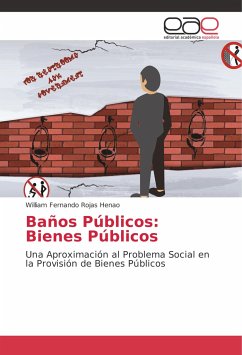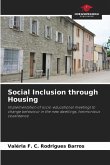The purpose of this paper is to determine the social efficiency in the provision of public restroom services from the perspective of institutionalism and responsibility in the management of public goods in the city of Bogotá (Colombia); therefore, a review of various documentary sources available in two entities was carried out: The "Empresa Distrital de Servicios Públicos" (EDIS), which was eventually restructured and liquidated, and the later created "Instituto Distrital para la Protección de la Niñez y la Juventud" (IDIPRON). The results start by showing the importance of the public restroom service, demonstrating the existence of an insufficient supply in an infrastructure which does not allow them to be strategically distributed for the satisfaction of the service, therefore, the citizen does not find a public restroom in the places where he exercises mobility synergies, generating negative impacts on the urban beauty and environmental pollution whose effect is triggered in a social problem in the users and in the managing entity of this service evidenced in regulatory statutes stipulated by the district and national government.
Bitte wählen Sie Ihr Anliegen aus.
Rechnungen
Retourenschein anfordern
Bestellstatus
Storno








